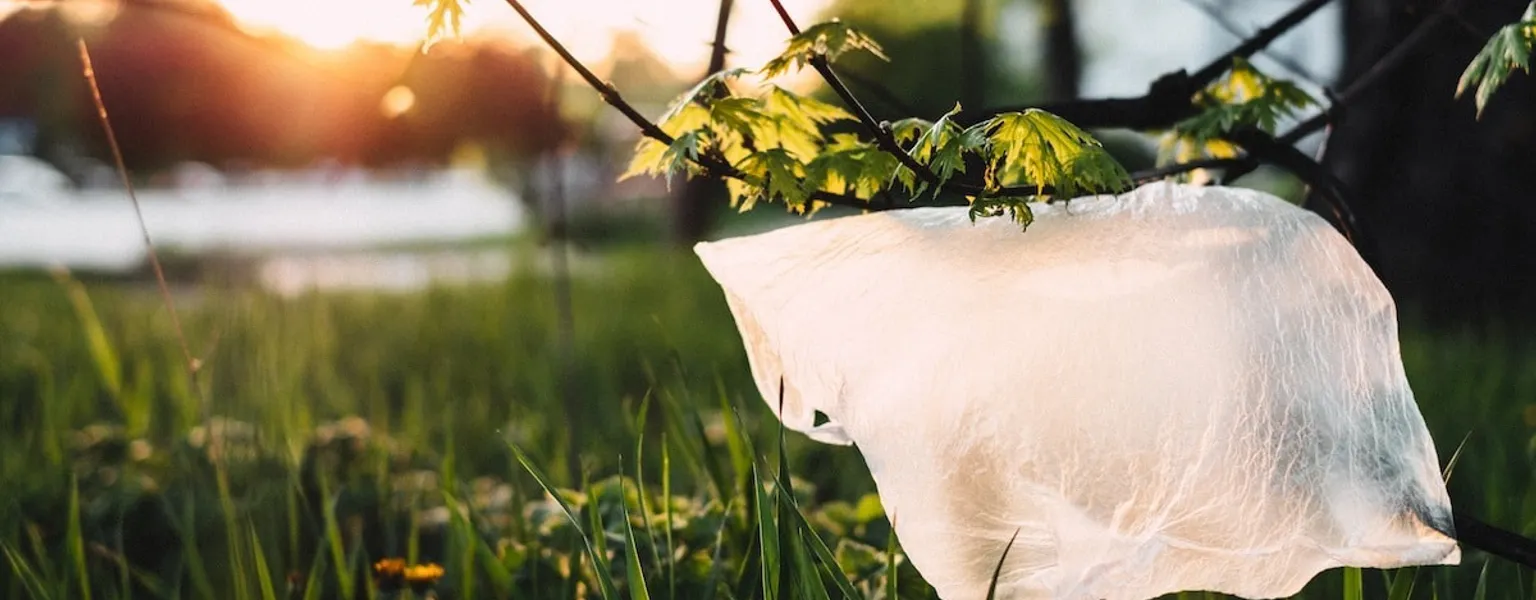Plastic Free July: Reducing waste through smarter packaging choices

Sustainability
Plastic Free July encourages a global pause on unnecessary single‑use plastics. It’s a time for all stakeholders—brands, consumers, and the packaging industry—to reflect on choices and opportunities for reducing environmental impact.
The scale of plastic packaging
Each year, more than 380–400 million tonnes of plastic are produced globally . Of this, approximately 40% is single‑use packaging—often discarded within hours.
Packaging remains the largest plastic waste contributor, generating around 142 million tonnes annually. These figures highlight why industry action is essential.

Plastic packaging holds valuable advantages
Plastic boasts unique benefits that other materials often can’t match:
- Lightweight yet robust – significantly reducing transport emissions compared to alternatives
- Superior barrier properties – prolongs freshness, cuts food waste (which itself has a large carbon footprint)
- Design versatility – accommodates diverse formats from films and bottles to trays and sachets
- Cost‑effective and recyclable – with proper recycling systems, plastic can be looped back into the supply chain
How the packaging industry can drive reduction
Even with its benefits, the excessive reliance on single‑use plastics must be addressed. The packaging sector can lead by:
- Designing for recyclability: Using mono-material films and avoiding complex laminates aids efficient recycling.
- Adopting lightweighting strategies: Reducing material use without compromising packaging integrity.
- Investing in recyclable bio‑based plastics: Collaborations with suppliers to develop recyclable biopolymers.
- Supporting reusable and refill systems: Partnering with platforms offering durable, returnable packaging.
- Engaging with Extended Producer Responsibility (EPR): Encouraging brands to internalise lifecycle costs and fund recycling infrastructure.
Consumer actions matter too
Consumers play a vital role—reusable cups, bags, and containers, paired with informed recycling habits, help reduce single‑use waste. Around 80% of younger consumers say they'd pay more for sustainable packaging, and 71% have chosen packaging based on environmental claims in recent months. This demand supports shifts in both packaging design and recycling systems.
FMCG brands on the front foot
Fast-moving consumer goods companies influence the supply chain by specifying recyclable materials and reducing packaging material overall. Many are trialling refill kiosks and offering incentives for reusable packaging—practical steps that, combined with smarter packaging design, can significantly cut plastic consumption.
A balanced path forward
The packaging industry is uniquely positioned to drive positive change—honouring its advantages while embracing sustainability. For Plastic Free July and beyond, it’s not a question of plastic or no plastic, but better plastic:
- Well‑designed to minimise waste and maximise reuse or recyclability.
- Strategically lightweighted to save resources.
- Technologically advanced, integrating new materials such as bio‑based polymers.
- Collaboratively implemented, alongside governments, brands, and consumers.
As the packaging sector marks Plastic Free July, it can celebrate plastic’s utility while committing to targeted reductions and innovation. With design, recycling, and reuse at its core, the industry can lead on delivering sustainable packaging—without discarding the material’s strengths.
Related News
-
Supplier News
Spectra helps Bumboo clean up sustainably with 100% POP PCR bottles
-
Sustainability
Fiat unveils car featuring parts made from recycled beverage cartons
-
Sustainability
Plastic waste turned into paracetamol using engineered bacteria
-
Sustainability
Glass bottles contain more microplastics than plastic ones, study finds
-
Sustainability
Navigating the complex realities of sustainable packaging




